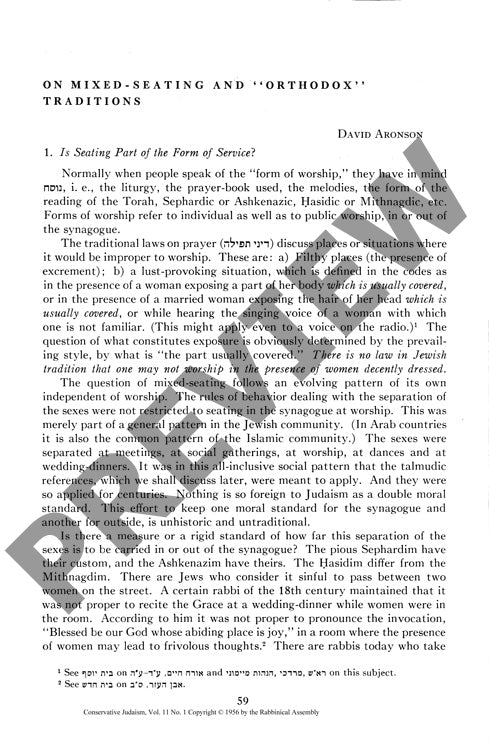On Mixed Seating and Orthodox Traditions
Couldn't load pickup availability
The longstanding Orthodox Jewish practice of gender-separated seating in synagogues rests on surprisingly tenuous halakhic ground. While Rabbi Joseph Soloveitchik declared sex separation a Pentateuchal requirement, careful analysis of Talmudic sources reveals that the primary textual basis comes from a discussion of the Temple's water-drawing celebration in Tractate Sukkah, not synagogue worship itself. Through critical examination of Talmudic sources, rabbinic authorities, and constitutional interpretations, this research exposes significant contradictions in how Orthodox institutions approach mixed seating. The only scriptural support derives from the prophet Zechariah rather than the Torah itself, undermining claims of divine law status. Major Orthodox rabbinic organizations, including the Rabbinical Council of America and the Union of Orthodox Rabbis, maintain conflicting positions on the issue, highlighting how the term "Orthodox" lacks precise halakhic definition. Traditional worship restrictions only prohibit prayer near improperly dressed individuals—not modestly attired women. Following Rabbi Jannai's principle that majority rule should prevail in cases of legitimate halakhic disagreement, this analysis concludes that rigid enforcement of gender separation lacks sufficient basis in Jewish legal tradition.

More Information
-
Physical Description
-
Publication Information
Published 1956
ISBN
-
Publication Credits
David Aronson

